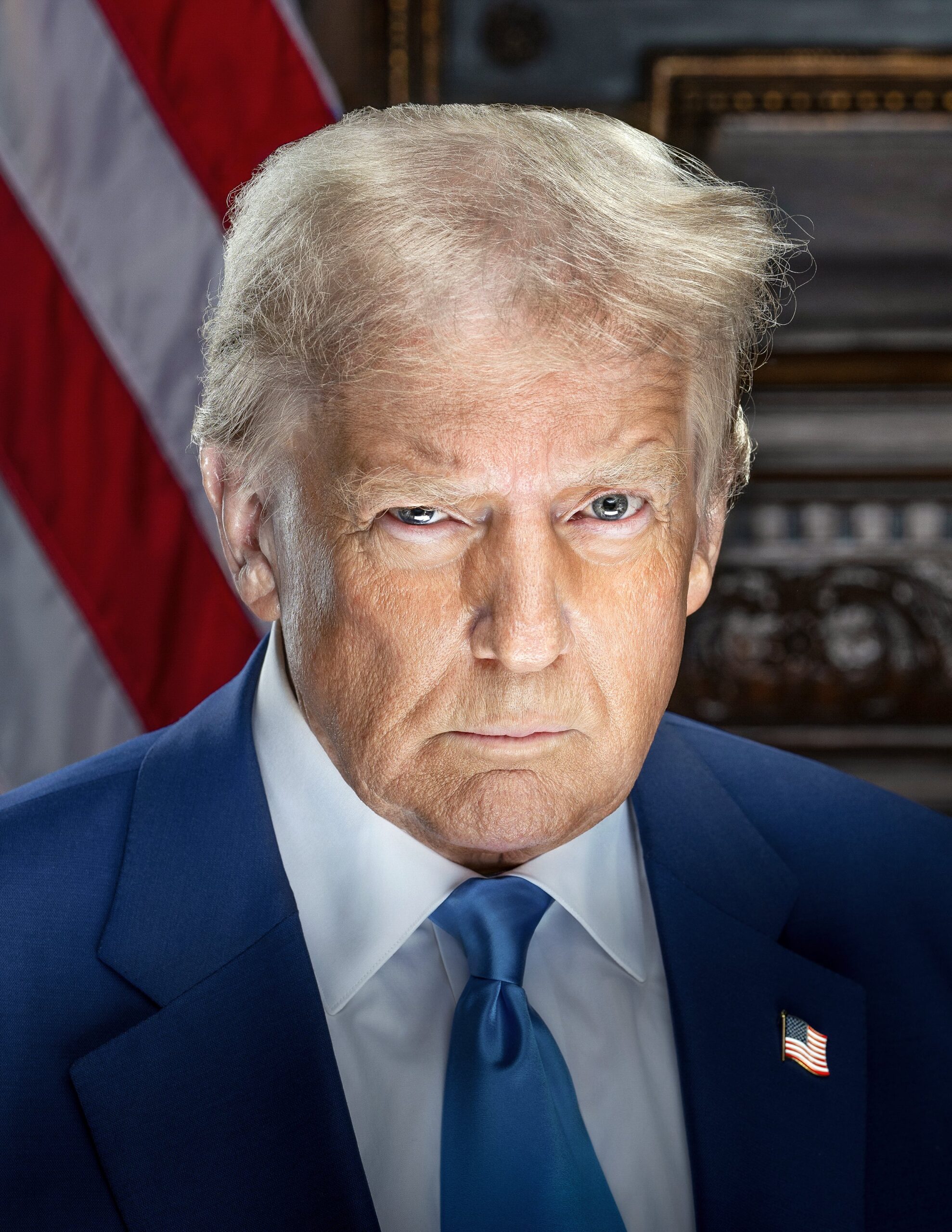The recent decision by the Trump administration to lay off hundreds of Voice of America employees marks a significant shift in U.S. government-funded broadcasting. This move, part of a broader restructuring effort, has sparked considerable debate about the future of independent journalism and government influence in international media.
Voice of America (VOA) has been a key tool for American soft power, providing news and information to audiences around the world. Over recent years, VOA has faced various challenges, including funding constraints and political pressures. The latest layoffs, which affect a substantial portion of VOA’s workforce, are seen as part of a larger effort to streamline operations and possibly shift the organization’s focus.
The layoffs impact a wide range of employees, from journalists and editors to technical staff and administrative personnel. This reduction in workforce raises questions about the organization’s capacity to continue its mission effectively and impartially. Critics argue that such cuts could undermine VOA’s ability to deliver reliable news, especially in regions where independent journalism is under threat.
The implications of these layoffs extend beyond VOA itself, touching on broader issues of media independence and government transparency. Supporters of the move contend that restructuring is necessary to adapt to changing media landscapes and improve efficiency. However, opponents worry that it could lead to increased government influence over a vital international news service, potentially compromising its credibility and neutrality.
Market and media analysts are closely watching how this restructuring will influence VOA’s operations and reputation. The organization’s ability to maintain its global reach and journalistic integrity remains a key concern. Furthermore, the move comes amid ongoing debates over government funding for media outlets and the role of public diplomacy in international relations.
Looking ahead, it remains to be seen how the VOA will adjust to these layoffs and whether further cuts or restructuring efforts are planned. The organization’s leadership is expected to clarify its future strategy in the coming months, especially as it navigates the complex landscape of international broadcasting and government oversight.
What are the main reasons behind the layoffs at Voice of America?
The layoffs are primarily driven by a government-led restructuring effort aimed at increasing efficiency and reducing costs amid ongoing budget constraints and political pressures.
How might these layoffs affect VOA’s global broadcasting capabilities?
The reduction in staff could impact VOA’s ability to cover international news comprehensively and maintain its reputation for independent journalism.
What are the potential long-term implications for government-funded media organizations like VOA?
There is concern that such layoffs could lead to increased government influence over content and a decline in journalistic independence, affecting credibility and public trust.








